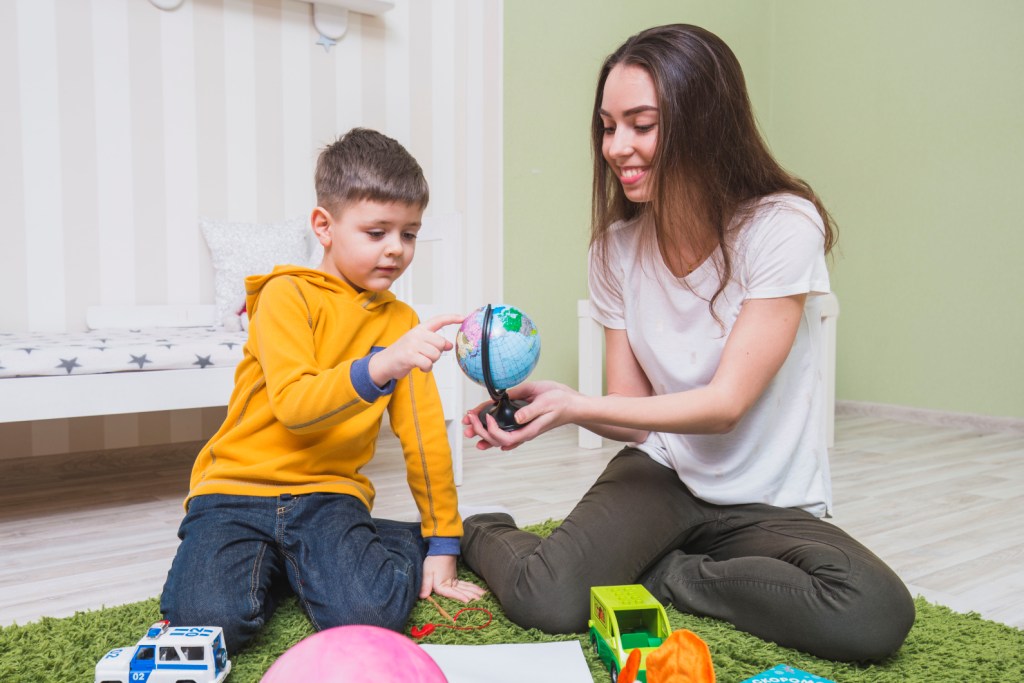Navigating life after your child’s autism diagnosis can be challenging, but creating a supportive environment is crucial for their development and well-being.
Here are five pitfalls to avoid:
One of the most significant pitfalls is succumbing to negative attitudes and stigmatizing beliefs about autism. It’s essential to remember that autism is a neurodevelopmental difference, not a disease. Embrace and celebrate your child’s unique qualities, and educate friends, family, and caregivers about autism to reduce stigma and misconceptions.
Early intervention is vital for children with autism. Waiting or if your child will outgrow certain behaviours and overlooking intervention can delay their progress. Seek out interventions, therapies, and educational programs that are tailored to your child’s needs. The earlier you start, the better the chances of positive outcomes.
While it is important to have high hopes for your child, setting unrealistic expectations can lead to frustration and disappointment. Understand that progress in different areas can be uneven, and celebrate even small victories. Your child’s growth might take unexpected paths, so remain flexible and patient.
Providing care for a child with autism can impose significant emotional and physical challenges. Neglecting your own self-care can lead to burnout and impact your ability to provide support. Make time for yourself, engage in activities you enjoy, seek support from friends or support groups, and consider therapy if needed. Your well-being is essential for creating a positive environment for your child.
Lastly overlooking family dynamics can be a major pitfall. The diagnosis affects the entire family, including siblings. Ignoring their feelings, needs, and questions can create resentment or misunderstanding. Foster open communication among all family members, addressing concerns and celebrating achievements together. This unity can strengthen the support network for your child.
Remember, every child with autism is unique, and what works for one might not work for another. Avoiding these pitfalls can help you create an environment where your child feels valued, supported, and empowered to reach their fullest potential.

Shared By : Dr. Himani Narula
Director & Co-founder of Continua kids






